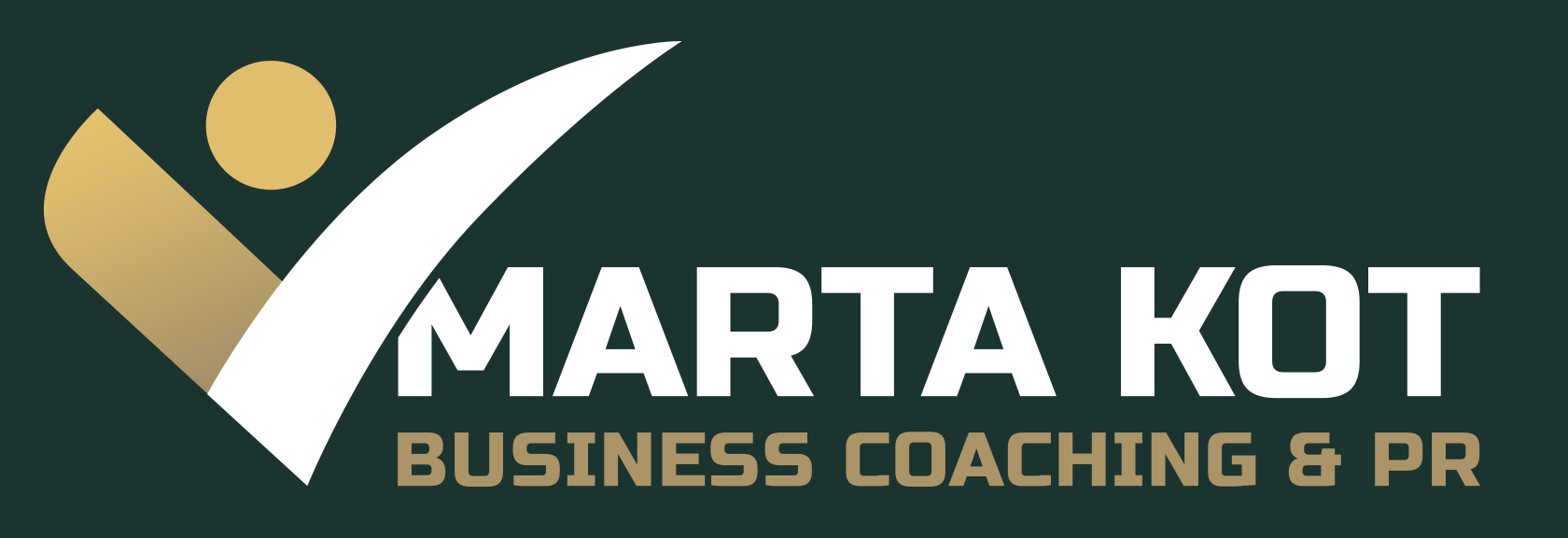The deadly sin committed by learners of English
People may have different strategies and motives to learn English but they all share one desire; to be fluent as quickly as possible. Sadly, there is also one common trap so many learners easily fall into. It’s adopting the approach “I will know English when I’ve learnt it”. Learning a foreign language is a project and every project should have a timeline. Don’t make it a never-ending story.
The most effective process starts with setting measurable goals and SMART objectives tailored to your individual needs, e.g. In six months, I will be able to draft and present a marketing project proposal to a prospect (specific) OR In six months, I will understand and be able to use business English at an advanced (C1) level (general). Having made such statements, look at choosing the right tactics. It’s essential that the recently mentioned learner uses business English materials and proactively engage in activities such as listening with understanding and persuasive speaking. It seems pretty obvious they should practise drafting and presenting a marketing proposal too. You’d be surprised though how many people would get distracted and instead, for instance, start reading a random book in English, translate every single word they don’t know. It goes without saying that by doing so they keep prolonging the time they need to achieve their ultimate goal. Don’t get me wrong, reading books in English is perfect for developing your skills, not only the reading ability, also speaking and your vocabulary bank. However, if your weekly time dedicated to study is limited, then it’s necessary to focus on the activities that will take you closer to reaching your goal as quickly as possible.
Marking your objectives as complete will give you tons of energy, confidence as well as a proof that studying a certain area within English does not have to be a long-term project. So, have you thought of your next goal yet?



